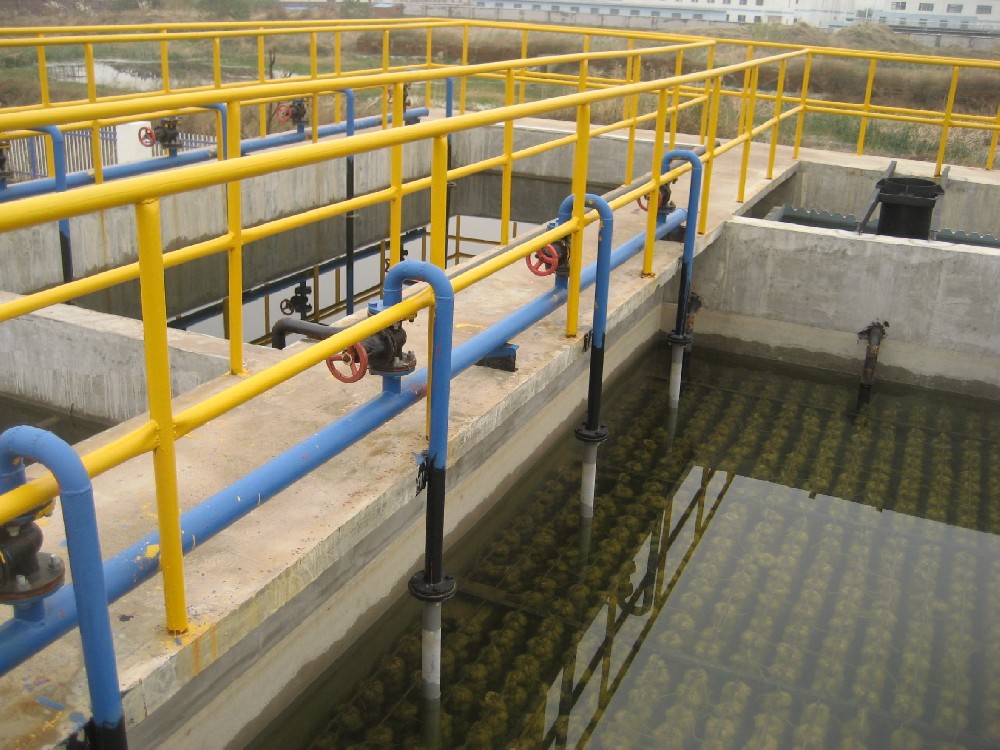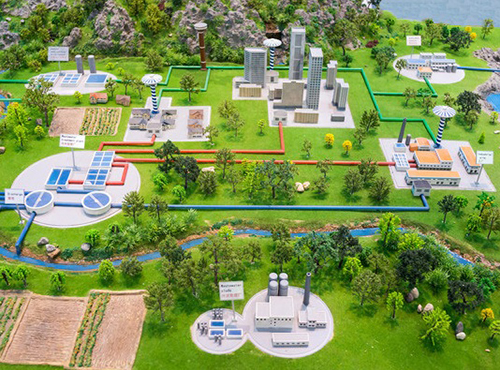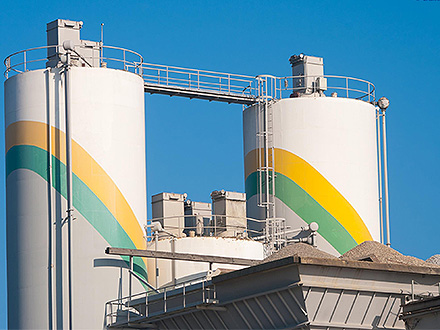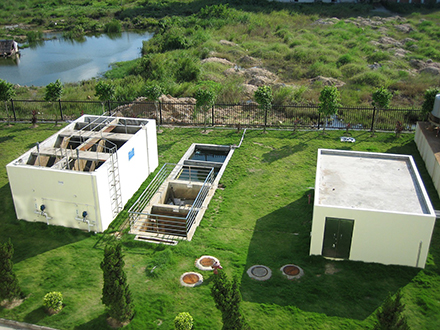焦点提醒:New EU rules to improve urban wastewater treatment and reuse 欧盟新规改良城市废水处置和再操纵 旧事稿 全部会议 情况委员会 2024年4月10日 - 18:33 增强对化学污染物、病原体和抗菌素耐药性的监测 医药和化装品出产商和成员国将需为去除微污染物的额外处置费用供给资金 扩年夜已处置城市废水的再操纵,避免水资本欠缺 议会经由过程改良废水处置尺度 © Vladyslav / Adobe Stock 周三,欧洲议会议员核准了欧盟关在城市废水搜集、处置和排放的新划定。 以481票同意、79票否决和26票弃权的成果,议会经由过程了2024年1月与理事会告竣的和谈,修订欧盟的水治理和城市废水处置尺度,以更好地庇护公家健康和情况。 到2035年,所有相当在1000生齿当量(p.e.,描写每人天天平均释放污染的尺度丈量单元)或以上的聚居区,在将城市废水排入情况之前,将进行二级处置(即去除可生物降解的无机物)。到2039年,所有笼盖150000生齿当量和以上的废水处置厂将采取三级处置(即去除氮和磷),到2045年,这一划定将合用在笼盖10000生齿当量和以上的废水处置厂。到2045年,所有150000生齿当量(和基在风险评估的10000生齿当量)以上的处置厂将强迫进行去除多种微污染物的“四级处置”。 将严酷监测各类公共卫生参数(如已知病毒和新呈现的病原体)、化学污染物,包罗所谓的“永远化学品”(全氟烷基和多氟烷基物资或PFAS)、微塑料和抗菌素耐药性。 该法令为人用医药产物和化装品设立了出产者义务延长(EPR),以付出四级处置(去除城市废水中的微污染物)的费用。最少80%的本钱将由出产者承当,并由国度融资弥补。 欧盟列国将按要求在恰当环境下增进所有城市废水处置厂处置过的废水的再操纵,特殊是在水资本重要的地域。 引述 陈述人Nils Torvalds(Renew, FI)暗示:“这项律例将年夜年夜改良欧洲的水治理和废水处置尺度,特殊是关在去除来自药品和小我护理产物的微污染物的新划定。我们将确保这些划定对药品可承担性的影响不会过年夜,并确保在将来监测和更好地处置无害化学物资,如PFAS。” 下一步 在生效之前,理事会还需要正式核准该和谈。 布景 2022年10月,欧盟委员会提出了一项修订城市废水处置指令的提案,使其与欧盟的天气步履、轮回经济和削减污染的政策方针连结分歧。该律例是欧盟针对空气、水和泥土制订的零污染步履打算下的要害行动之一。 On Wednesday, MEPs approved new EU rules for the collection, treatment and discharge of urban wastewater. With 481 votes in favour, 79 against and 26 abstentions, Parliament adopted thedeal reached with the Councilin January 2024 on revising the EU’s water management and urban wastewater treatment standards to better protect public health and the environment. By 2035, urban wastewater will undergo secondary treatment (i.e., the removal of biodegradable organic ma����APPtter) before it is discharged into the environment, in all agglomerations of the size of 1,000 population equivalent (p.e., standard measuring unit describing the average pollution released by one person per day) or more. By 2039, tertiary treatment (i.e. the removal of nitrogen and phosphorus) will be applied in all wastewater treatment plants covering 150,000 p.e. and above, and by 2045 in those covering 10.000 p.e. and above.An additional treatment removing a broad spectrum of micro-pollutants ('quaternary treatment') will be mandatory for all plants over 150,000 p.e. (and over 10,000 p.e. based on a risk assessment) by 2045. The monitoring of various public health parameters (such as known viruses and emerging pathogens), chemical pollutants, including so-called “forever chemicals” (per- and polyfluoroalkyl substances or PFAS), microplastics and antimicrobial resistance will be strictly monitored. The law introduces extended producer responsibility (EPR) for medicinal products for human use and cosmetic products, to cover the costs of quaternary treatment (to remove micro-pollutants from urban wastewater). At least 80% of the costs will be covered by producers, complemented by national financing. EU countries will be required to promote the reuse of treated wastewater from all urban wastewater treatment plants where appropriate, especially in water-stressed areas. Quote RapporteurNils Torvalds(Renew, FI) said: “The legislation will significantly improve water management and wastewater treatment standards in Europe, especially with new rules on removing micro-pollutants coming from medicines and personal care products. We are making sure that the impact of the rules on the affordability of medicines will not be disproportionate and that harmful chemicals such as PFAS will be monitored and better dealt with in the future.” Next steps Council needs to formally approve the agreement as well before it can enter into force. Background In October 2022, the Commission tabled aproposal to revise the urban wastewater treatment directive, aligning it with the EU's policy objectives on climate action, circular economy and pollution reduction. The legislation is one of the key initiatives underEU’s zero pollution action planfor air, water and soil.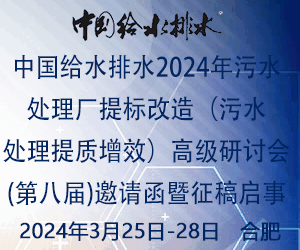
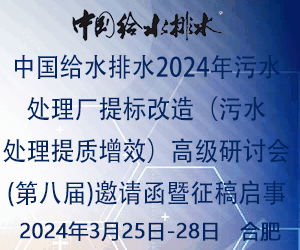
New EU rules to improve urban wastewater treatment and reusePress ReleasesPLENARY SESSIONENVI10-04-2024 - 18:33
 Parliament adopts improved standards for wastewater treatment © Vladyslav / Adobe Stock
Parliament adopts improved standards for wastewater treatment © Vladyslav / Adobe StockContacts:
Dana POPP Press Officer
Further information
Ref.:20240408IPR20307来历:https://www.europarl.europa.eu/news/en/press-room/20240408IPR20307/new-eu-rules-to-improve-urban-wastewater-treatment-and-reuse
推荐资讯


